With his rugged appeal and impish charisma, he combined the old-school heroism of an action star with the tenderness of a romantic lead. Dharmendra, the “He-Man” of Indian cinema, donned many a hat, both on and off the screen. He forayed into politics, but unlike his six-decade flourishing career in entertainment, his stint as a neta was short-lived.
Dharmendra, who died at 89 on Monday, tasted success at first, but he became disenchanted with politics. As people remember the superstar’s indelible mark on India, here is a look at his brief political journey.
How Dharmendra’s role as a politician unfolded
Dharmendra’s stint as a politician began in 2004 when he joined the Bharatiya Janata Party (BJP) in the run-up to the 2004 Lok Sabha election.
Impressed by the “India Shining” campaign, he took the plunge after meetings with prominent BJP names, including veterans LK Advani and Arun Jaitley, and fellow actor-turned-politician Shatrughan Sinha.
At first, Dharmendra refused to contest against Balram Jakhar from Churu in Rajasthan. He was then fielded from Bikaner during the election when the BJP was led by then Prime Minister Atal Bihari Vajpayee. While the party lost, the actor emerged victorious.
His popularity and outspokenness worked in his favour. He defeated Congress candidate Rameshwar Lal Dudi by at least 60,000 votes and went on to become an MP in the 14th Lok Sabha.
Why politics didn’t work for the actor
Despite the strong start, Dharmendra soon found that politics is not his cup of tea.
During an election campaign, his comment, “elected dictator perpetuo to teach basic etiquette that democracy requires”, backfired and faced criticism.
While his vast appeal won him the seat, he, like many actor-turned-politicians, faced criticism for limited public engagement and dismal attendance in Parliament. When choosing between movies and politics, he often picked the former, with reports suggesting that he spent most of his time on film sets or at his farmhouse.
Quick Reads
View AllThe opposition used it well to target him. According to the reports, even the people of Bikaner had complaints about their MP being inaccessible. Yet many of his supporters said that “Dharam paaji”, as they fondly called him, worked behind the scenes.
The actor defended himself, claiming that his office kept him up-to-date with the demands of his constituents.
After completing a five-year term, Dharmendra realised that politics was not for him. He did not contest again. He once said, “Kaam main karta tha, credit koi aur le jaata tha (I used to work, someone else would take the credit). Perhaps that place wasn’t for me.”
Dharmendra also spoke about how politics took a toll on him. At an event in Ludhiana in 2010, he expressed regret. “I felt suffocated in politics. I was emotionally dragged into the field…the day I agreed, I went to the washroom and banged my head into the mirror, regretting what I had done. Politics is something I never wanted to do.”
Later, his son, actor Sunny Deol, asserted in an interview that “his father did not like politics and often felt disheartened by its inner workings”.
When the family made an entry
By the time the veteran actor stepped away, the family got involved in politics. His wife, Hema Malini, was a member of the Rajya Sabha from Karnataka from 2011 to 2012. She contested the 2014 Lok Sabha election and won from Mathura; she has been representing the constituency since, winning two elections after that.
Ahead of the 2019 election, Hema Malini turned to Dharmendra to campaign for her to establish a connection with the Jat-dominated constituency. He addressed three public meetings in a single day at Sonkh, Baldev and Mant in Mathura district. Residents of Sonkh recall the address even today, when the actor joked that if they did not support his wife, he would “climb onto a tank” in the village, a reference to his iconic scene from the hit _Sholay_.
Dharmendra also campaigned for his son Sunny Deol, who contested the 2019 election from Gurdaspur on a BJP ticket. The actor once said in 2019 while campaigning for Deol, “We don’t know the ABC of politics, but patriotism is in our blood, we will serve the nation. What I did in Bikaner, you can go and see. Sunny will also serve the nation.”
Sunny Deol won the Lok Sabha seat by defeating Congress’s Sunil Jakhar. But like his father, he chose not to contest again.
Save for campaigning for his wife and son, Dharmendra did not meddle in national affairs. However, during the 2020 farmers’ protest, he voiced his support for the agriculture community. He appealed to the Centre to “quickly find a solution”. “I hope today my farmer brothers get justice. I pray with all my heart. Every noble soul will get relief,” he wrote on X.
PM and President pay tributes
Prime Minister Narendra Modi paid a heartfelt tribute to Dharmendra, calling his death “the end of an era”. “He was an iconic film personality, a phenomenal actor who brought charm and depth to every role he played. The manner in which he played diverse roles struck a chord with countless people. Dharmendraji was equally admired for his simplicity, humility and warmth,” the PM wrote.
President Droupadi Murmu called him “a towering figure of Indian cinema.” “One of the most popular actors, he delivered numerous memorable performances during his decades-long illustrious career. As a towering figure of Indian cinema, he leaves behind a legacy which will continue to inspire young generations of artists. My heartfelt condolences to his family, friends and admirers,” the President said.
With inputs from agencies


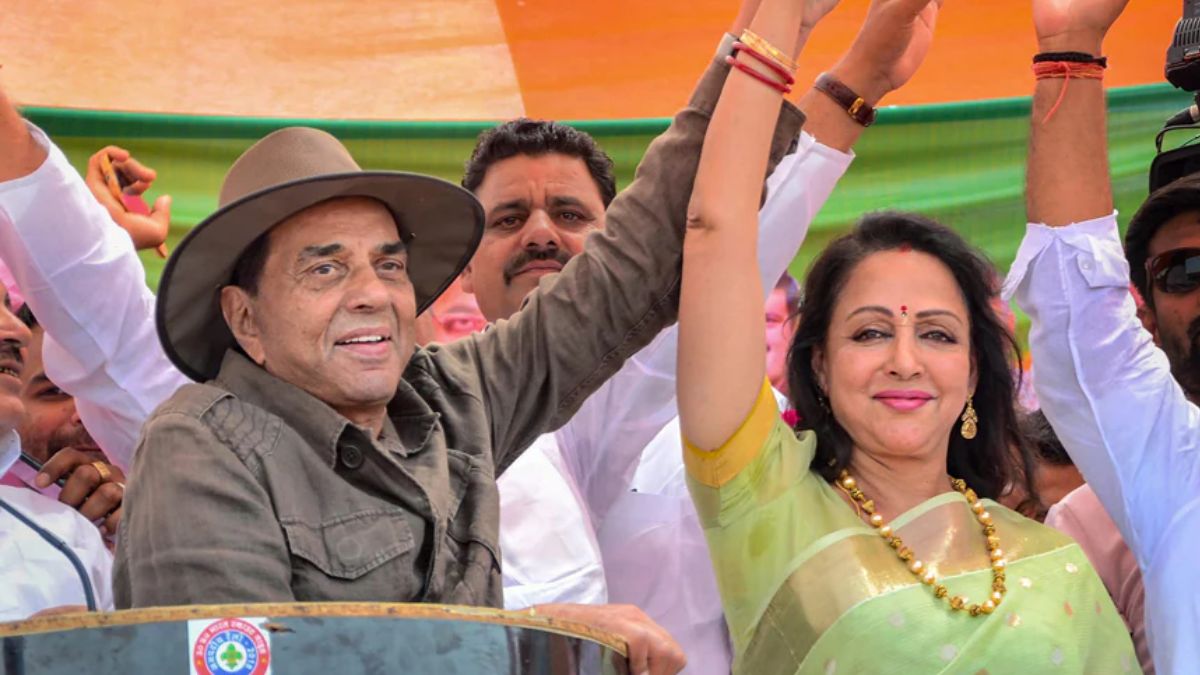)
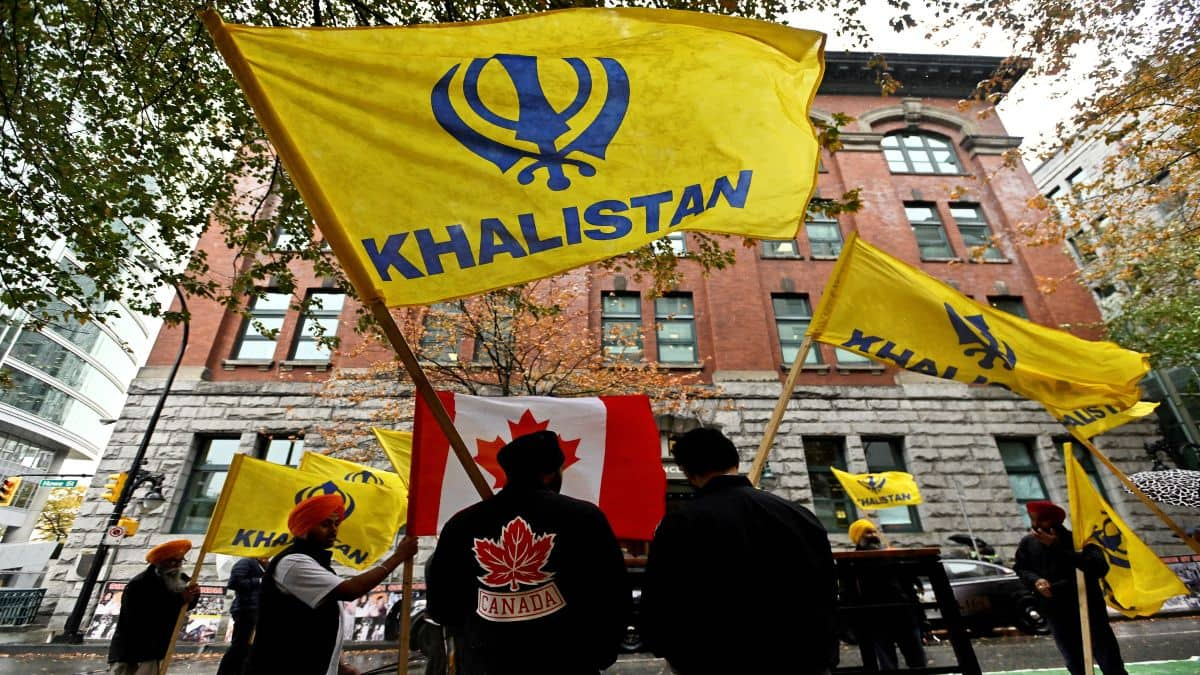
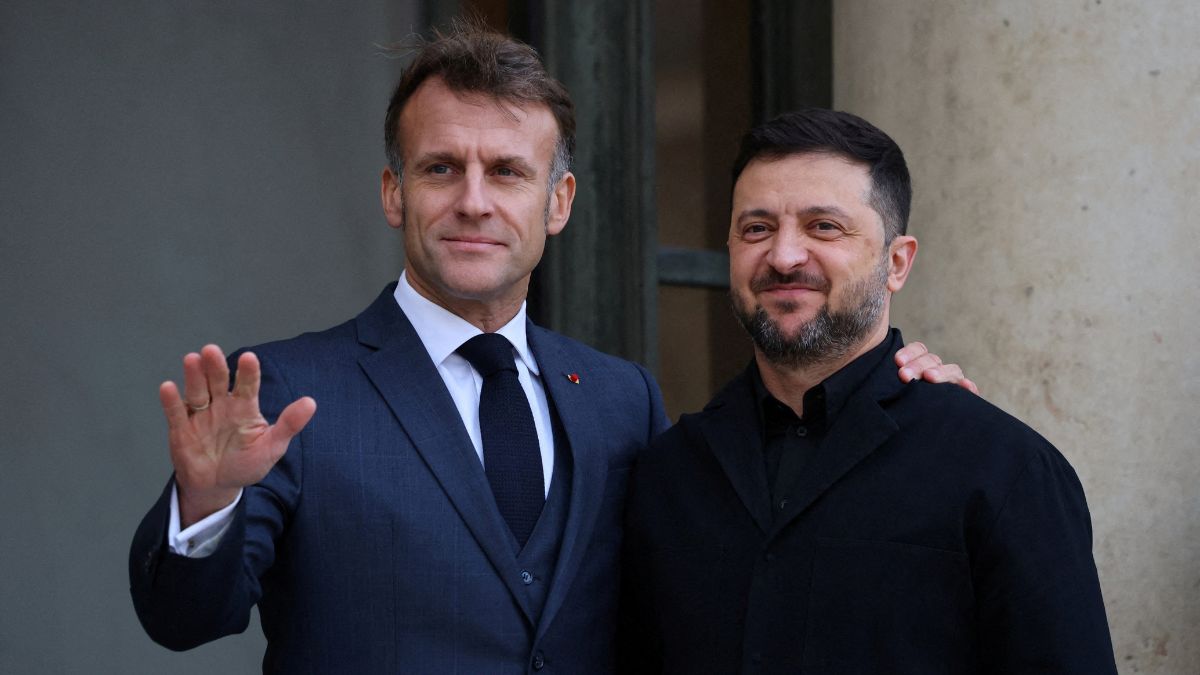)
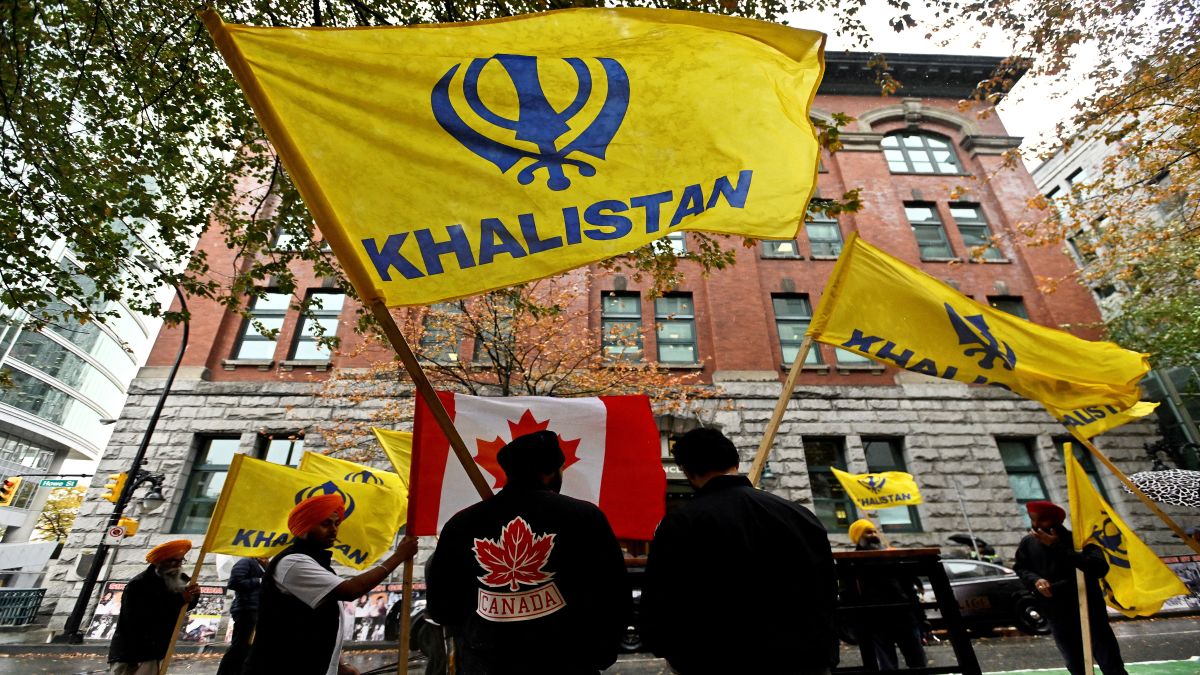)
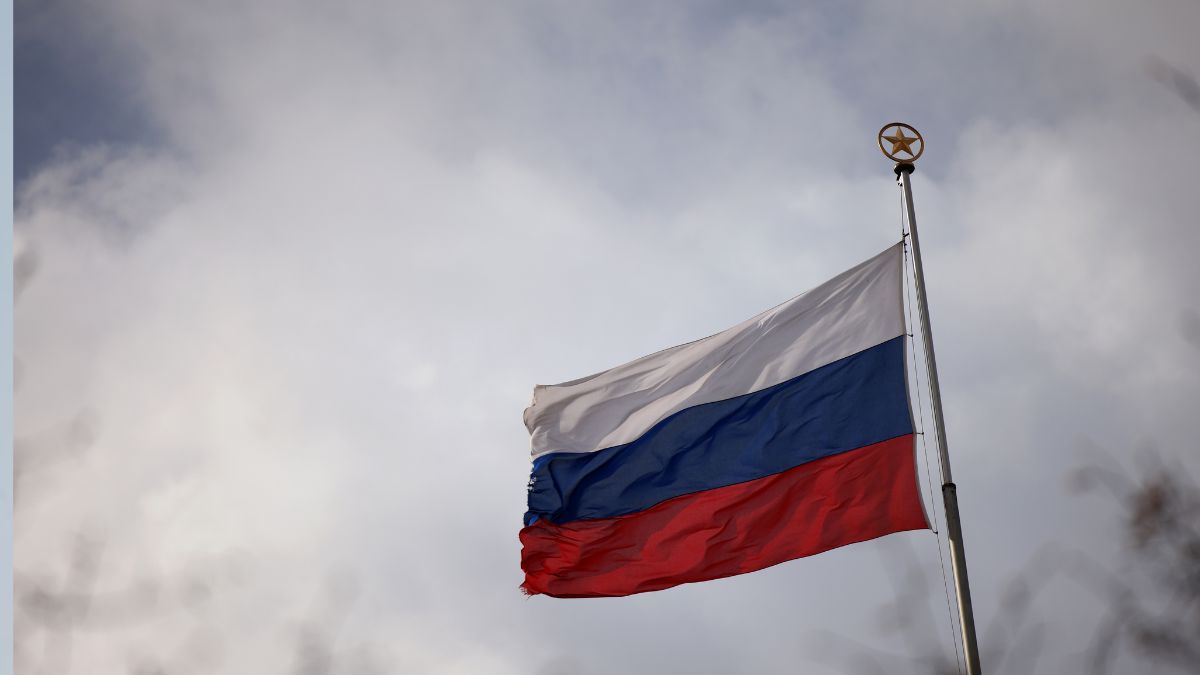)
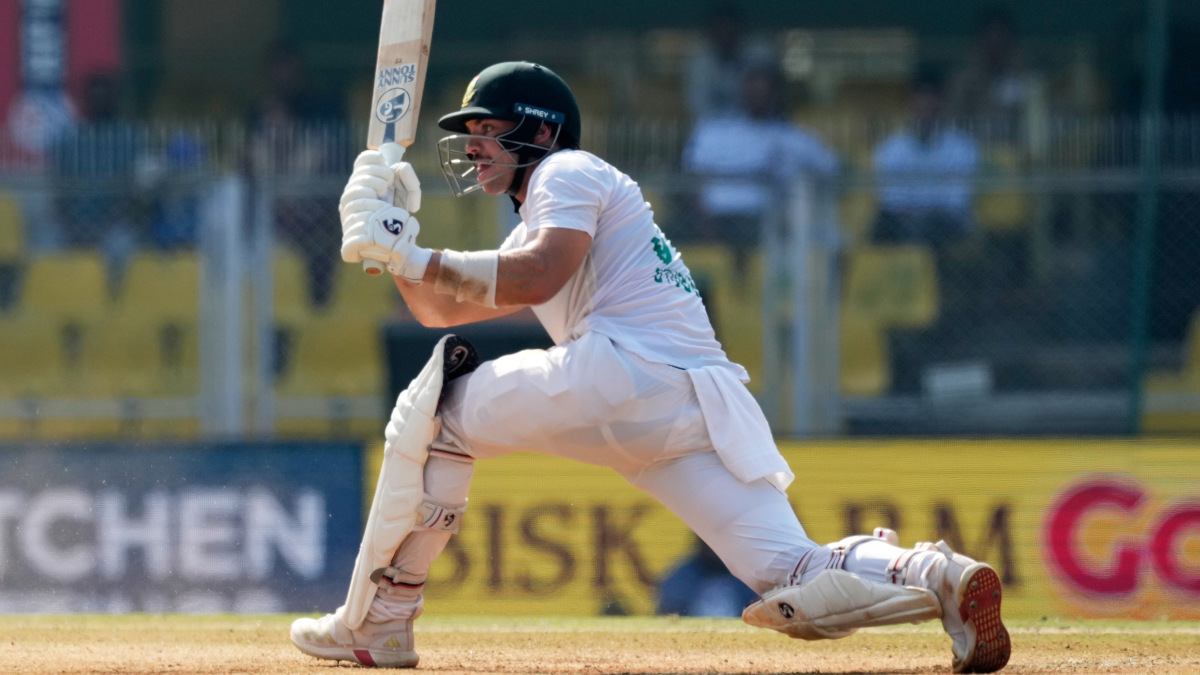)
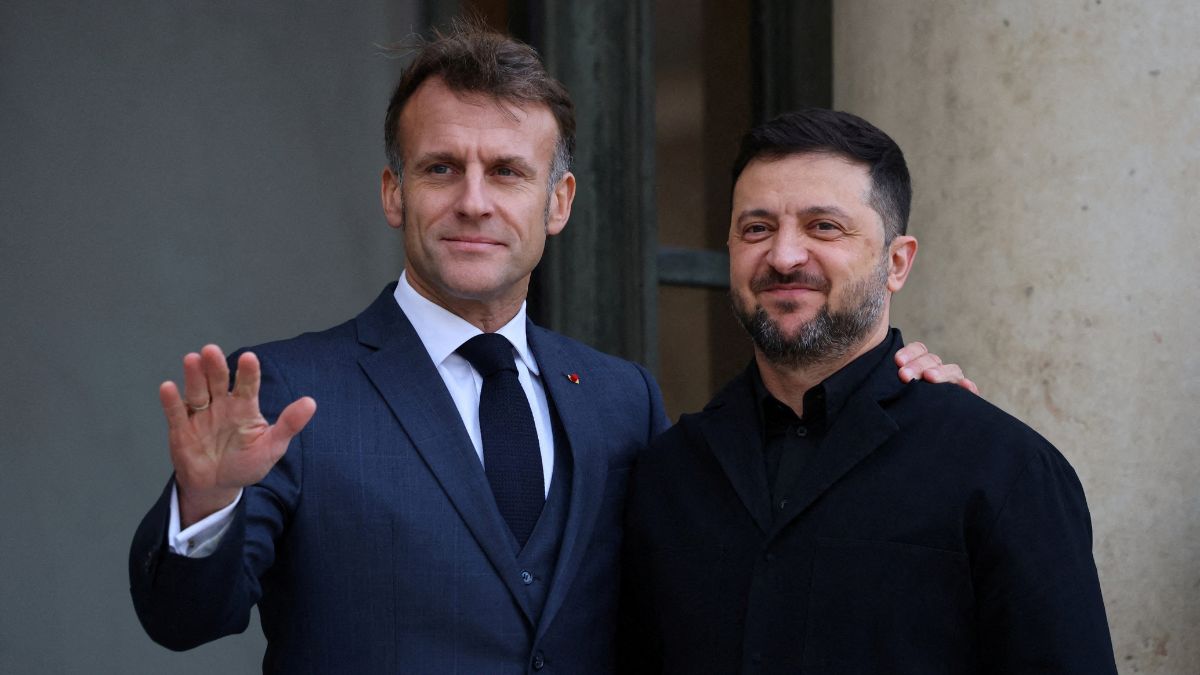)
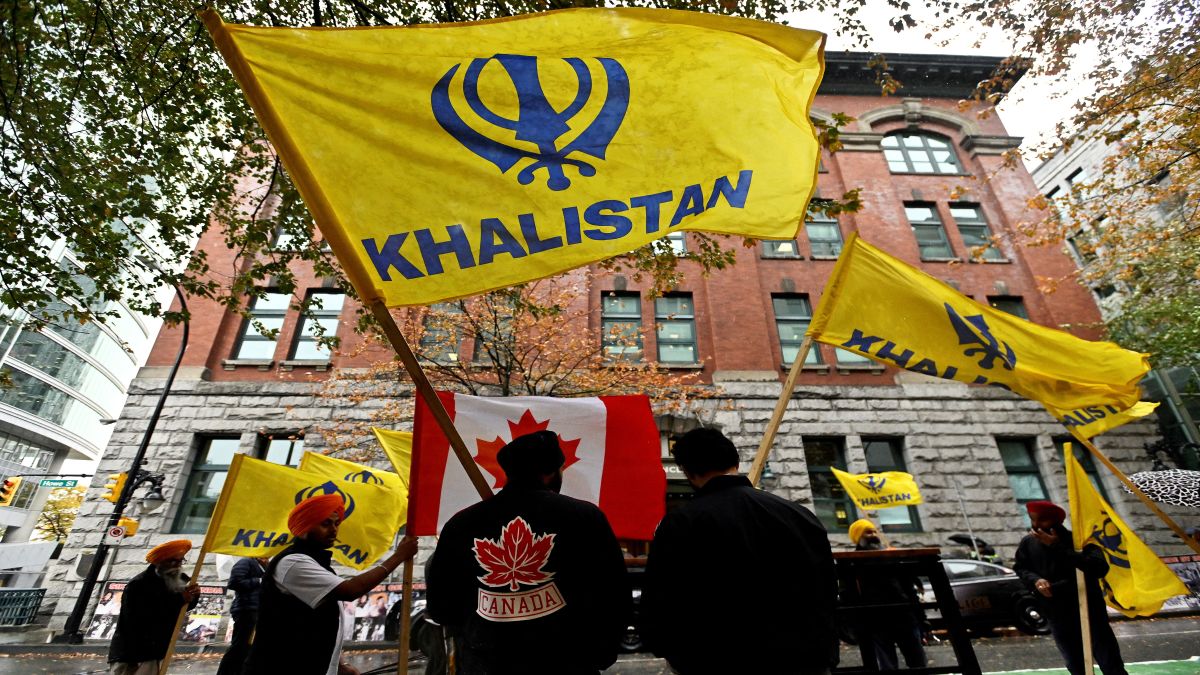)
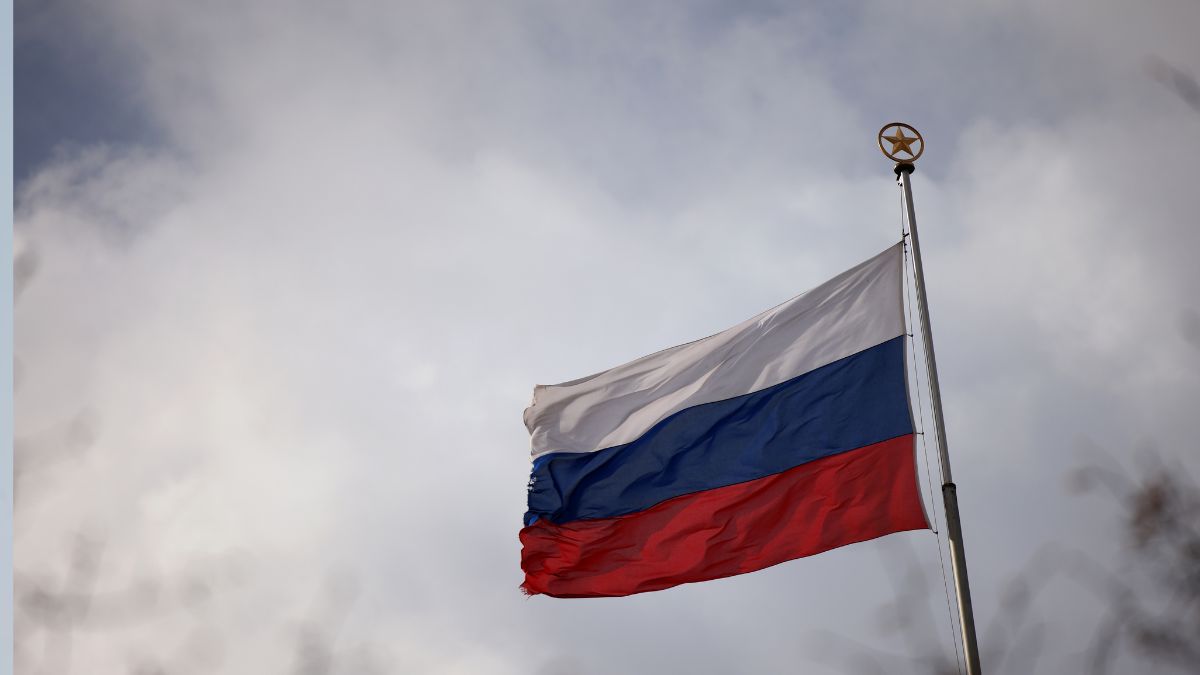)
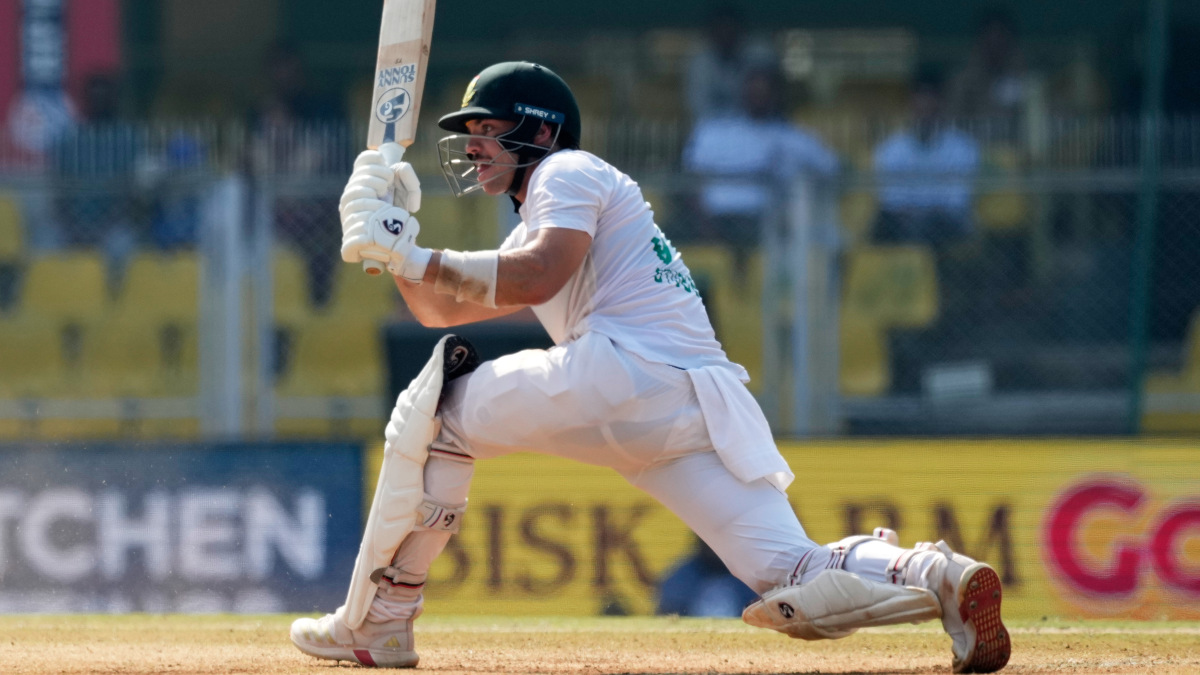)



